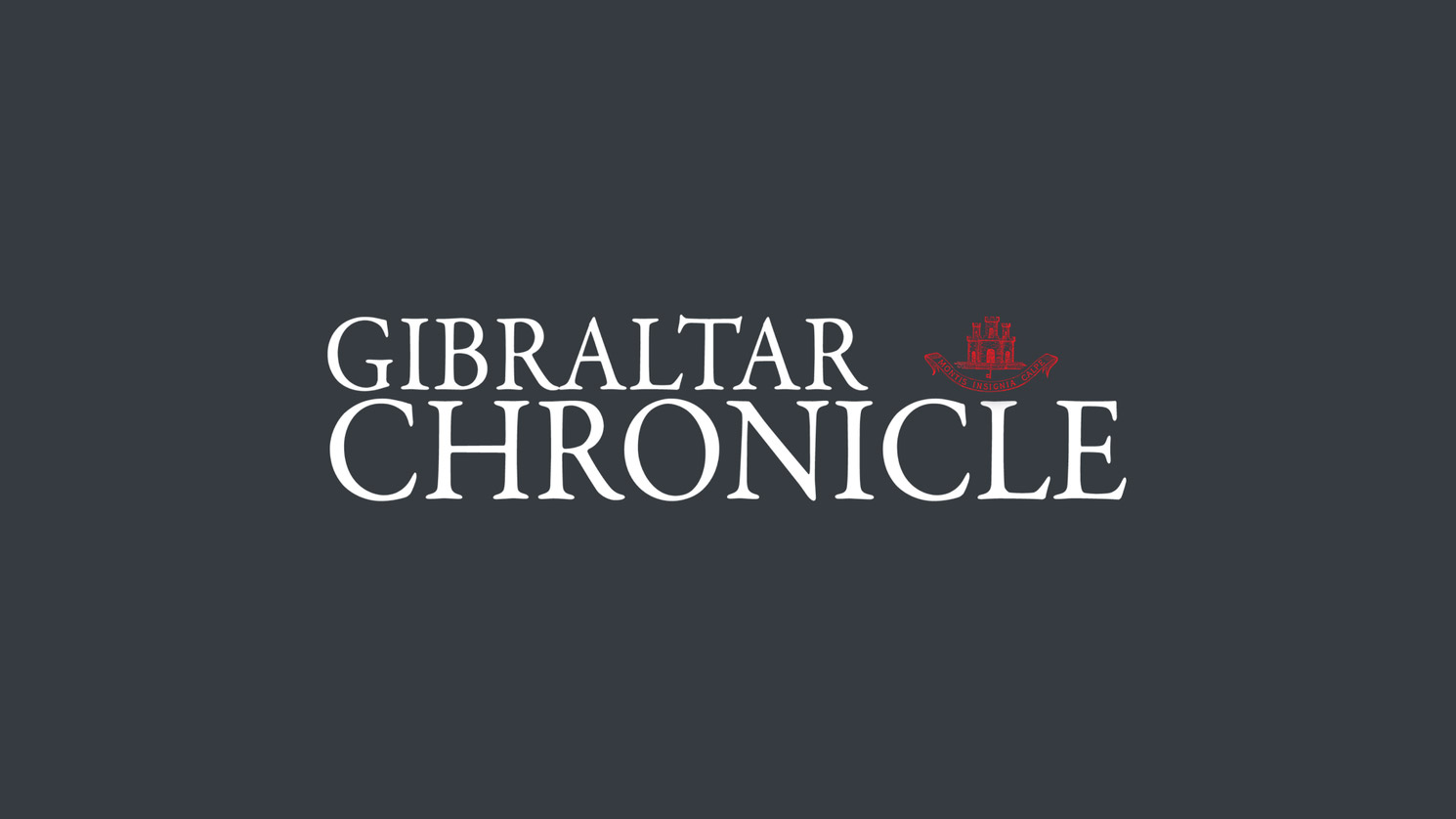Are the humanities dead?

This opinion piece will deliver a resounding ‘no’ to the question posed in the title. If the humanities are dead, then humanity is dead, intellectually, spiritually and emotionally, as the humanities feed those feelings, perceptions and concepts which make us distinctly human.
Did I invent the title? The answer is again ‘no’. I have only turned a declarative sentence, ‘the humanities are dead’, uttered by someone high up in the academic hierarchy of our university, into a momentous, portentous question. As I am not privy to the context in which this fatuous statement was made, I cannot tell if the person responsible adduced any evidence to support the claim.
The belief that the humanities are dead because vanquished by the scientific model of the universe has a long pedigree, connected with the unsubstantiated claim that the science subjects (STEM: science, technology, engineering and mathematics) are intellectually more rigorous than the supposedly soft options of literature, history, music, languages and philosophy. There is also the tacit assumption that pupils choosing the sciences are of a higher academic calibre than those unfortunate enough to opt for the humanities.
The dichotomy between the sciences and the humanities has been traced by neuroscientists to what they call the ‘lateralization’ of the brain. The left sphere of the brain controls our ability to reason dispassionately, to deal with abstraction, to evaluate objective data, to create and elaborate science. The right side, however, is not inimical to these thought processes, but engenders the world of feelings, beauty, imagination, intuition, and creativity which provides a counterbalance to the cold world of phenomena, the home of the left hemisphere. The hypertrophy of one side of the brain leads to an imbalanced view of the world. A world predicated solely on the sciences is partial, lopsided and unfeeling. The humanities, if allowed to range freely without any scientific restraint, can become maudlin, self-indulgent and exaggeratedly dramatic. One set of subjects should correct and inspire the other thereby creating a balanced personality, at home in both the inner and outer worlds.
Unfortunately, the disparaging of the humanities has prevailed in academia, with philosophy departments closing down and the other arts departments shrinking and underfunded.
In 1960, a groundbreaking book, ‘The Western Intellectual Tradition’, jointly authored by Jacob Bronowski and Bruce Mazlish, argued for the perfect marriage of the sciences and the humanities. At the time, both authors worked in the Department of the Humanities in the Massachusetts Institute of Technology (MIT), both authors boasted of a deep involvement in the sciences and the humanities. The rich content of their book is a melding of the two supposedly rival disciplines. The book has chapters on The Civil-States in Italy and Machiavelli (history and politics), Erasmus and the Humanists (biblical translation and early Italian humanism), the Scientific Revolution (the rise of science, especially astronomy), Descartes (philosophy and mathematics), the Industrial Revolution (the rise of technology), the French Revolution and Edmund Burke (social upheaval, history and politics), Jeremy Bentham (utilitarianism and the ‘greatest happiness’ doctrine). The spirit of the book can be appreciated from a seminal sentence in the Preface: ‘We have to give the future scientist an abiding sense of the value of literature and the arts, and at the same time we have to give those whose preoccupation is with the liberal arts a glimpse of the method, the depth and the inspiration of science.’
If the humanities are dead and this deadening philosophy atrophies the aesthetic and ethical perceptions of our students, then the undisputed achievements of world culture will become a closed book: Shakespeare’s plays, Beethoven’s nine symphonies, Michelangelo’s Sistine Chapel frescoes, Dante’s Divine Comedy, the teachings of the Buddha, the myths, stories and message of the Bible, Greek, Roman, Norse and Hindu mythologies. The teeming world of philosophy, religion, art, ethics and poetry can only be appreciated if the student has been handed the hermeneutical skills to understand, interpret and evaluate.
Human beings are symbol-making creatures. The different cultural artefacts I have itemised are symbolic worlds which reflect our struggle to make sense of the universe and of ourselves. Pure science delivers a wondrous picture of the universe, but it lacks the rich intuition, warmth and instinctive life of the arts.
It is easy to refute the claim that the sciences are intellectually more demanding that the arts. Hermeneutics, structuralism, literary theory, postmodernism, semiotics, and comparative linguistics are difficult and challenging subjects and anyone hoping to sail through them without great effort and perseverance will be quickly disabused..
A couple of weeks after I heard the dismissive comment, Gibraltar hosted a Literary Festival, a book on the history of the Roman Catholic Cathedral was launched and a zarzuela was performed in the John Mackintosh Hall theatre-hardly a picture of the moribund arts!
T S Eliot wrote ‘the communication of the dead is tongued with fire beyond the language of the living’ (Little Gidding). Without the humanities, the communication of the dead will become an unintelligible babble-a failure in understanding which will also impoverish the language of the living. Without a sense of history and tradition we are condemned to live in the blinding glare of the present.
The other day I heard another heart-stopping comment (is the intelligentsia given to dropping bons mots unthinkingly?) that there is no culture in Gibraltar. But this could be the topic for another opinion piece!









